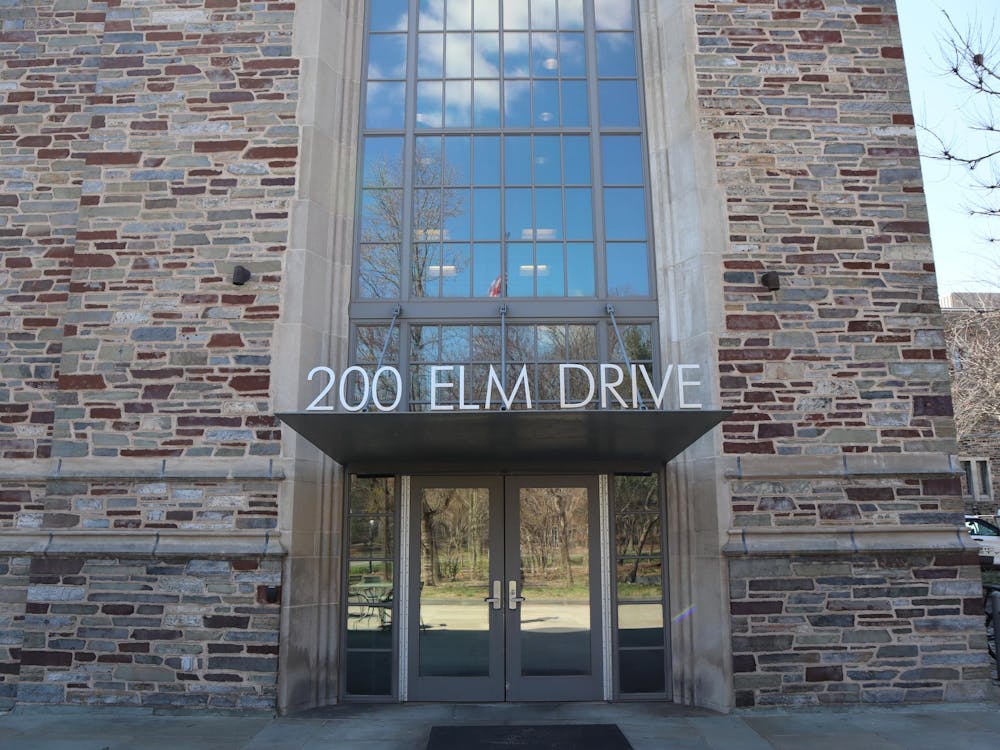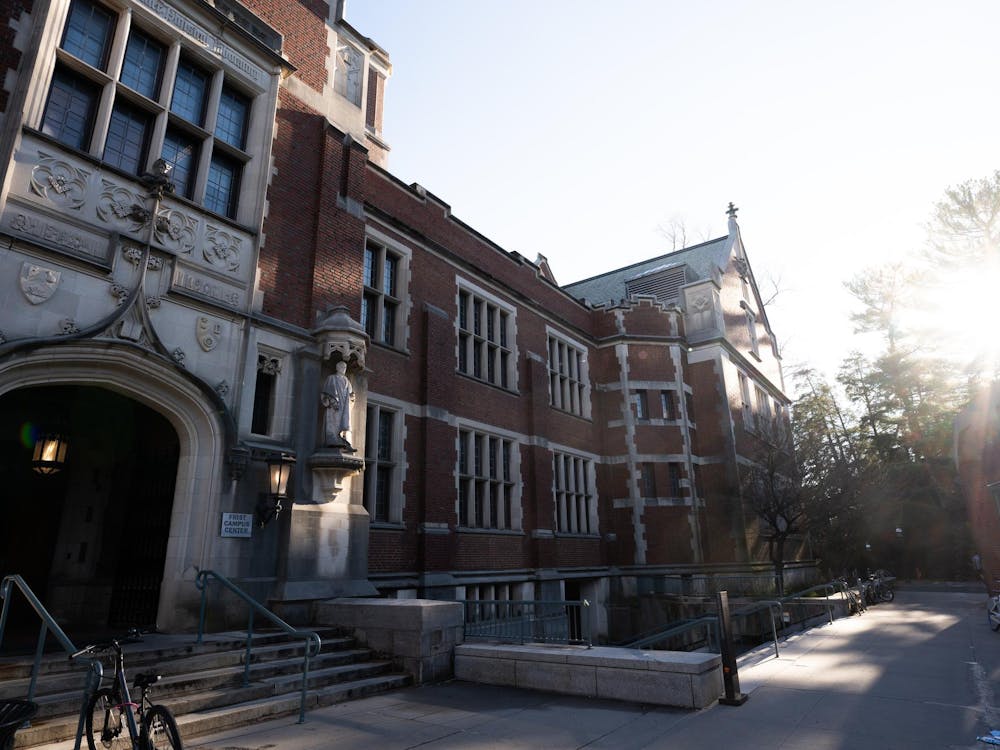Lisa Jackson GS ’86, a University trustee and the 2015 Baccalaureate speaker, has been the vice president of environmental initiatives at Apple Inc. since 2013, and served as the administrator of the Environmental Protection Agency from 2009 to 2013. The Daily Princetonian spoke with Jackson about her academic trajectory and her views on the University.
Daily Princetonian: What brought you to Princeton to get your masters in chemical engineering?
Lisa Jackson: Princeton is really generous with financial aid, and that makes a difference for kids who could otherwise not afford to come ... To me, the first time I set foot on Princeton’s campus was when I showed up to go to school there. We didn’t have the money for a campus visit. I have kids today. I went on so many college visits with my boys, I can’t even count, but back in those days, believe it or not, all I knew was Princeton’s reputation. All of my professors at Tulane said you cannot make a bad decision to go there. They were very, very welcoming and encouraging, so I decided to give it a shot.
DP: What was the biggest thing you learned while at Princeton?
LJ: You know, for me, at least, it was the first time in my life that I met people who were genuinely, you know, just smarter than me. Up until that point in my academic career, I had always been almost effortlessly really able to do anything that I set my mind to, and Princeton, of course, challenges you in a different way. That’s not to say Tulane wasn’t a great school. It was, but it was more of an undergraduate education. Princeton was training you for research and thinking. I found that the biggest challenge ... in addition to 'Here’s this girl from New Orleans who’s never lived away from home,' [since] I had gone [to an undergraduate school] but lived at home. My world was very small, and my world got really big really fast. When you go to Princeton, your world is not just 08540, it’s so much bigger. You have access to almost anything you can imagine and the resources to pursue it, and I think those things are hard lessons for people to really ingest when everything changes that fast. Biggest success? Finding my path. ... I know that, with this generation, there’s so much pressure to save the world by the time you’re 21, but really the successes come in the journey. The four years you spend as an undergraduate are about this journey of discovery, of yourself, but probably more importantly of others. So, for me, learning that I could go there, that I could find a path that worked for me. When I went to Princeton, I thought I was going to get a Ph.D in engineering, and I left after getting my masters, and that ended up being a great decision. Being okay with that and accepting it, and not seeing it as a failure, but as a championship, was a really important thing.
DP: Were there any professors, classes or clubs that you found particularly meaningful at Princeton?
LJ: I also sang in the Chapel Choir, so it’ll be fun to go back to the Chapel. But that, for me, was my big outlet. Classes were really hard. I was with the same group of about 20 or so in my chemical engineering class, and they were great and we were really close. [Undergraduates] kind of exile us to the graduate college anyway, so we were over there doing our thing. That’s where I got to hang out with others. I also [liked what at the time was called] the Third World Center [now the Fields Center]. It was right next door to the engineering school, so I would be able to go there and really just feel comfortable amongst my peers. There were lots of parties there and lots of places to meet undergraduates there. So I guess I would say that it was the places where I could interact with the larger campus and the larger community that I found really cool.
DP: Going off of a little bit of what you just talked about, what do you think the role and place is for diversity on college campuses, and how do you think this role has evolved?
LJ: I think Princeton is to be commended for thinking hard about diversity, for thinking about its education and tradition, and challenging itself to build a more diverse student body that isn’t dependent on whether or not you can afford to go there. The challenge for everyone is inclusion … I think we all have to work on inclusion. I do think that [out of] private schools like Princeton, Princeton has taken the gift of its endowment and used it to try to think deeply about how to impact the diversity question … I think it’s very, very dangerous that we look so uni-dimensionally at what diversity potentially empowers … It’s almost, in some ways, a good thing to be challenged with all these diverse voices who want to be heard, and speak, and feel empowered to speak, rather than the alternative, which is homogeneous.
DP: How did your degree in chemical engineering shape your career path?
LJ: I think it teaches you to think about process flow and optimization. … I have always cared about people, so one of the reasons I knew a Ph.D. would never have been the right choice for me, in retrospect, is because I kind of love the idea of being very people-driven, and chemical engineering led me to the environment because the environment has a lot of chemistry in it and is very systems and processes-driven … I can’t imagine I’d be who I was without [my degree in chemical engineering].









